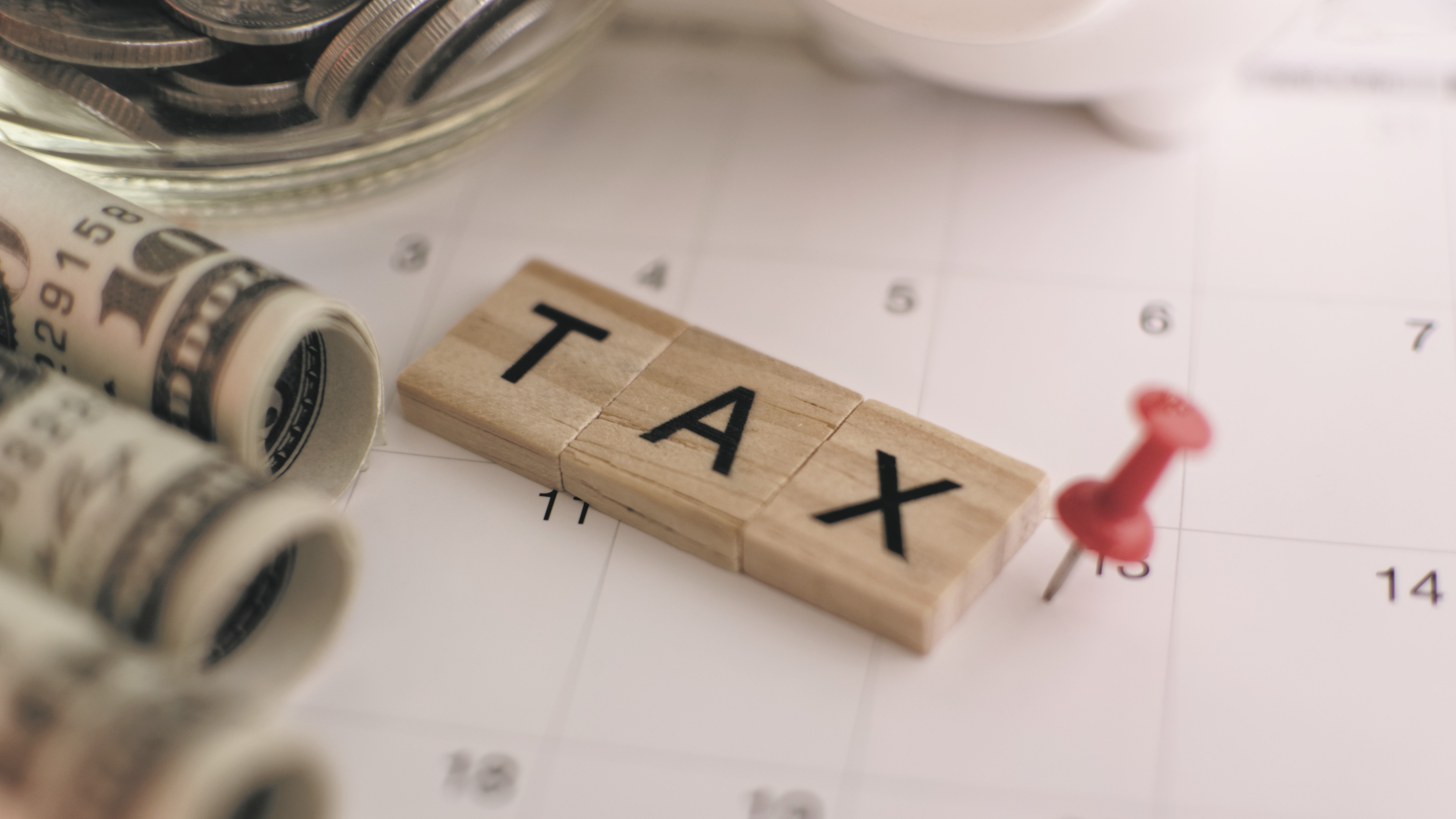Tax avoidance vs tax evasion: what's the difference?
There’s a big difference between tax avoidance and tax evasion and they can have vastly different consequences.

Sign up to receive the latest news, reviews, buying guides and deals direct to your inbox
You are now subscribed
Your newsletter sign-up was successful
What is the difference between tax evasion and tax avoidance? While no-one likes paying taxes, it's crucial to understand the difference between “tax avoidance” and “tax evasion”. Knowing where you fall on the tax avoidance vs tax evasion scale can mean the difference between making your money work hard, and you falling on the wrong side of the law.
Although both terms might have negative connotations, one of them is actually a perfectly legal practice and is employed by many wealthy people and companies with substantial assets, along with everyday Americans who are smart with money and want it to work harder for them. The other, however, is not and could result in large fines or even jail time. Here’s how they differ…
What’s the difference between tax avoidance and tax evasion?
Tax avoidance is defined as taking legal steps to reduce your tax bill, whether that’s taxable income or tax owed. You might do this by claiming tax credits, for example, or investing in tax-advantaged Individual Retirement Accounts (IRAs) or 401(k) plans. Having tax software can help you manage stuff like this, legally.
Tax evasion, on the other hand, is when illegal tactics are used to avoid paying taxes, such as hiding or misrepresenting income, or intentionally underpaying taxes. The consequences of tax evasion can be serious.
Examples of tax avoidance
Some common examples of tax avoidance include:
- Contributing to tax-advantaged IRAs and 401(k) plans. Both of these grow tax-free which means there is no tax to pay on interest earned. Distributions and withdrawals will usually be taxed at your then-income tax rate in retirement.
- Taking legitimate tax deductions, such as those for mortgage interest, child tax credit, medical expenses, student loan interest, and charitable contributions.
- Claiming tax credits offered by the IRS.
- Deducting business expenses to reduce taxable income.
Examples of tax evasion
The examples below are all classed as tax evasion and are therefore illegal:
- Deliberately under-reporting income – the most common cases include those who run cash businesses and keep their true income under wraps.
- Hiding or transferring assets.
- Hiding interest, such as that from offshore accounts.
- Deliberately underpaying taxes.
- Claiming personal expenses as business expenses – this can be easy to do if you use a computer for both personal and business reasons, for example.
- Keeping two sets of books.
- Making false entries in books and records.
- Claiming false deductions with no documents to support them.

What are the penalties for tax evasion?
The penalties for tax evasion can be severe. However, if it’s clear that a taxpayer has made a mistake and has not intentionally become a tax evader, this will be considered negligence (although you may still be sent a notice of penalties and interest due from the IRS).
Sign up to receive the latest news, reviews, buying guides and deals direct to your inbox
If, on the other hand, it was your intention to evade taxes, you could face the following penalties:
- Fines: The IRS could fine you up to $250,000 if you act with the purpose of evading tax. Corporations will be charged double.
- Interest charges: If you don’t pay your taxes on time, the IRS is required by law to charge interest. This accrues from the due date of your tax return until you pay the full amount owed, including penalties and interest charges.
- Criminal charges: You’ll be prosecuted in federal court if you are charged with tax evasion and a felony charge will stay on your record for life.
- A prison sentence: You could go to federal prison for up to five years if you’re found guilty of tax evasion.
- Tax lien on your property: The federal government can place a tax lien against your property in an attempt to recover the cost. Tax liens can stay on your credit report for seven years, or indefinitely if the lien is unpaid. Derogatory marks such as these can have a negative impact on your credit score and make it harder for you to get credit in the future.
Even if you’re not formally charged with tax evasion, you can be fined by the IRS if you don’t file your tax return on time, or you file your return but don’t pay your taxes.
- The failure-to-file penalty is 5% of your unpaid taxes for each month your tax return is late, up to five months. If you are more than 60 days late, the maximum penalty will be the lesser of two amounts: 100% of the unpaid taxes or a “specific dollar amount that is adjusted annually for inflation,” according to the IRS.
- The failure-to-pay penalty is 0.5% for each month the tax is not paid in full, up to a maximum of 25%.
American taxpayers who are unable to pay the taxes they owe in full by the deadline are advised to still file their tax returns on time as the failure-to-file penalty is often greater than the failure-to-pay penalty.
You should also keep in mind that the majority of filers will qualify for a refund and this can often be several thousands of dollars. It’s therefore worth giving some thought to what you’ll do with any refunds you’re due, such as considering online stock trading to see if you can make your money go further.

How to avoid tax evasion charges
To ensure you don’t end up being charged with tax evasion, it’s crucial that you understand the tax laws for both income taxes and employment taxes and recognize what tax deductions are legitimate.
Taking the time to keep full records of all income and expenses will also be beneficial when it comes to filing your tax return. You could do this by taking advantage of the best personal finance software, for example, which will directly sync to your bank and credit accounts to give you an accurate overview of your financial situation whenever you need it. This can prevent you from blurring the lines between personal and business-related expenses.
Similarly, the best tax software can provide you with all the tools you need to help you get the most out of any tax credits and deductions and can help you find ways to legally avoid paying tax.
If you have any questions about what is classed as tax evasion and what is tax avoidance, it’s best to speak to a tax expert who will help ensure you don’t accidentally cross into illegal territory.
Rachel is a finance expert and regular contributor to Top Ten Reviews. She has crafted expert financial advice for the likes of The Spectator, Money Supermarket, Money to the Masses, and The Observer. She has written extensively about money-saving tips, and about how you can make the most of your finances in relation to loans, house buying, and other subjects.
